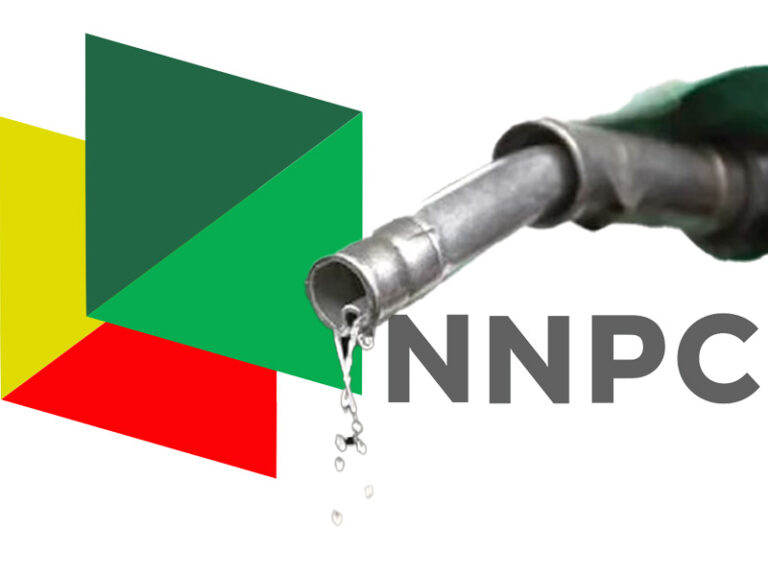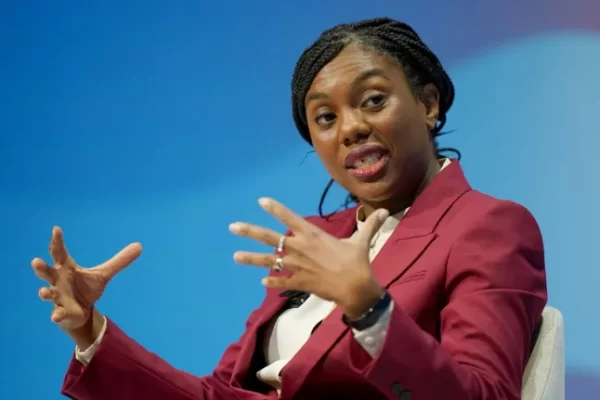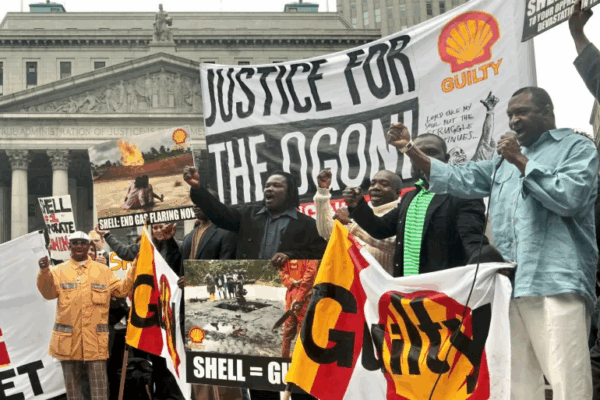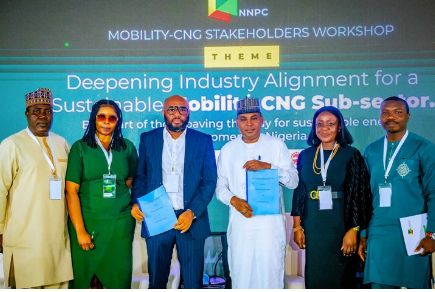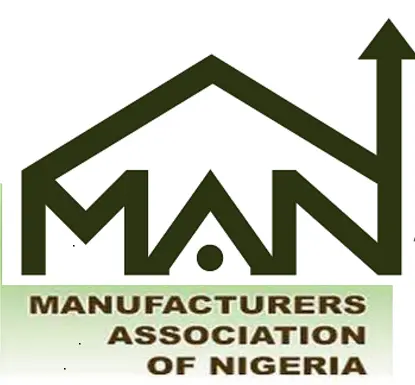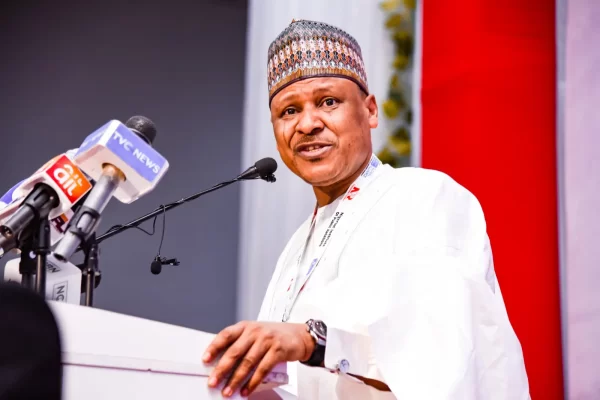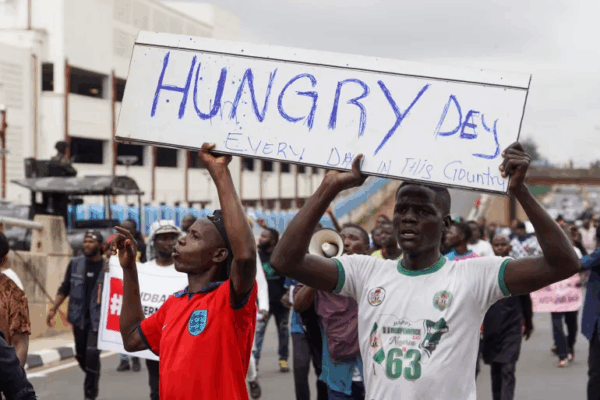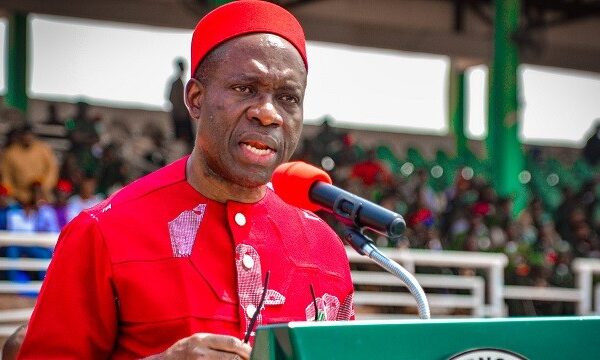
Soludo: Any Politician Promising One Term Needs Psychiatric Evaluation
Anambra State Governor, Professor Chukwuma Charles Soludo, has issued a strong rebuke to politicians promising to serve only one term in office, describing such pledges as dishonest and a sign of mental instability. Speaking during a political engagement in Awka on Thursday, Soludo stated that no serious politician with genuine developmental goals would commit to a single term, especially in a challenging political and economic environment like Nigeria’s. “Any politician promising to do just one term needs psychiatric evaluation,” Soludo said bluntly. “Such people are either lying or don’t understand the magnitude of governance. Real transformation takes time, planning, and continuity.” His comment comes amid growing political tension and debate in Anambra State as the 2025 governorship election draws near. The issue of zoning and power rotation has taken center stage, with some southern aspirants proposing a single-term agreement as a way to convince voters and political blocs to support them. Soludo, who is from the southern part of the state and currently serving his first term, has been a vocal advocate for performance-based governance rather than ethnic or zonal sentiments. While he did not mention any candidate by name, observers believe his remark was targeted at aspirants attempting to breach the informal zoning agreement in Anambra, which rotates the governorship among the three senatorial districts — North, South, and Central. Last week, prominent political figures from Anambra North, including some traditional rulers and community leaders, warned against attempts by Southern politicians to contest the 2025 election, insisting that the North should retain the seat to complete its turn. Soludo’s intervention appears to align with the growing call for political sincerity and competence over what he described as “emotional blackmail and gimmicks.” “Let’s not deceive our people. Development is not magic. If someone tells you they’ll fix decades of dysfunction in four years and leave, they’re either lying or need serious help,” Soludo added. He urged voters to focus on candidates with proven integrity, competence, and a realistic agenda rather than be swayed by “cosmetic pledges designed to win cheap votes.” With Soludo yet to officially declare his re-election bid, political watchers say his recent statements are part of a broader effort to shape the narrative ahead of the 2025 contest.

